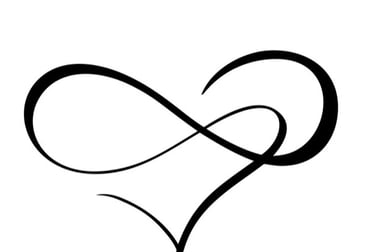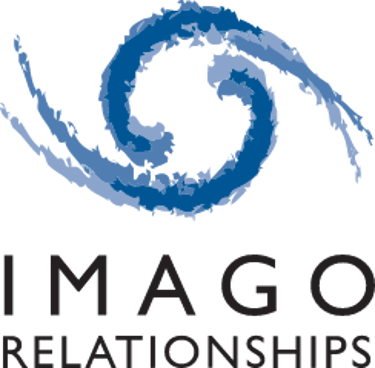Imago Couples Therapy, recognized as one of the leading approaches in the international field of relationship therapy, was developed in the 1980s by Dr. Harville Hendrix and Dr. Helen LaKelly Hunt in the United States . Although the initial focus was couples therapy, the applications of the practice have evolved and thousands of certified Imago Therapists, Trainers, and Facilitators now share the approach in an integrated manner with individuals, families, institutions, and various social communities. Imago offers a comprehensive and evolving theoretical framework that systematically maps the psychodynamic origins and operating mechanisms of our relationships, and a structured therapeutic approach that transforms this theoretical understanding into practice. It continues to stay in dialogue with other approaches and grow its understanding in an integrative manner.
Central to Imago is "Intentional Dialogue" - a profound way of communicating that moves beyond mere conversation to create genuine understanding and connection. Through this practice, we learn to listen without judgment, honor each other's perspectives, and build bridges of understanding that transform our relationships with family, friends, colleagues, and community.
Unconscious Partner Selection Process Partner selection and romantic attachment processes are not random but systematic psychodynamic processes guided by unconscious images (Imago, meaning "image" in Latin).
Role of Unresolved Developmental Needs Incomplete psychological processes and unintegrated personality traits from childhood play a determining role in partner selection. This mechanism, paradoxically, forms the basis of our tendency toward relationships that carry the potential for re-wounding with similar dynamics. The ultimate goal of this repetition tendency is psychological healingand integration.
Transformative Potential of Conflicts Repetitive conflict patterns experienced in relationships contain the potential for transformation and development when approached consciously.
Psychological Context of Behaviors Behavior and reaction patterns that we have difficulty making sense of in relationships become meaningful when examined from a life story perspective. Instead of perceiving our partner as an enigma or rival, being able to see them as an individual with whom we co-construct a shared relational reality contributes to psychological development.
Developmental Stages of Relationships Every relationship goes through predictable developmental stages. The first stage, Romantic Love, is followed by the Power Struggle stage, where the unconscious dynamics mentioned above surface. Our way of relating to this struggle determines the course of the relationship's subsequent developmental stages. Most couples seek professional support during the Power Struggle stage.
Functionality of Conflict Conflict is not pathological but a natural and developmental process. Indicates that existing patterns are no longer sufficient to meet psychological needs. As a common reaction, we prefer to suppress either our partner or ourselves; however, this approach weakens the psychological depth of the relationship.
Intentional Engagement with Conflict When we come to grasp conflict as an opportunity for awareness and deeper understanding and handle it consciously, we can see the limitations of our old adaptation strategies. This awareness supports development toward new forms of existence and a more cohesive identity. Accepting and valuing individual differences enhances the richness of the relationship.
Transformation Through Dialogue In Imago therapy, conflicts are transformed through structured and conscious dialogue processes. This process allows for deepening of the exchange into meaningful areas of past and present that helps couples understand each other, themselves, and the roots of their concerns and mine them for growth...
Basic Theoretical Propositions of Imago On Couplehood




